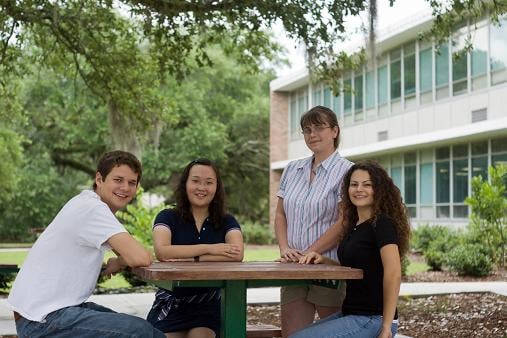Published on
Assessing the Need for Adult Student Organizations

They’re attending school for one of a couple of reasons: they either need a degree for a promotion, a career change and, in some cases, for personal satisfaction. Adult learners tend to see themselves as “workers” and not “students” and they use education as a way of transporting themselves from one phase in their life to the next.[1] This complexity makes it difficult for student affairs professionals to address the needs of adult students.
Not only is there an identification problem with establishing student organizations and engagement opportunities for adult learners, but there’s also a larger systematic problem. To date, there’s been little to no research on engagement and student organizations for adult learners. While the reference list for this article will provide some direction, it’s miniscule compared to other areas of concern in higher education.
Colleges tend to provide a one-size-fits-all model of students service and resources without focusing on the specific needs of adult learners. Adult learners need to have programming and a structure that brings meaning to their life goals. It may need to include their family or other social networks they have established outside of the college or university they attend. Another hurdle to overcome is that most adult learners face institutional neglect, prejudice and denial of opportunities and are viewed as auxiliary enterprises, with services and programs for them funded at a minimal level.[2]
Based on general research not necessarily tied to adult learners, we know students who are engaged and active participants in their learning and educational goals inside and outside of the classroom tend to be more successful. Student engagement is an important indicator of institutional performance and the key to success and the evolution of higher education.[3] What institutions need to figure out is what organizations or engagement opportunities their adult learners would be interested in.
The answer may be different depending on the institution, demographic of the student body and culture of the community. Some examples to think about include establishing professional, political or religious organizations that adult learners have a passion for. As well, establishing engagement opportunities that tie their education to their social commitments outside of the institution would be essential. Sometimes a student government association for adult learners could bring the right level of engagement needed. Kasworm said it best when asking the question, “How should student services respond to learners who continually enter and exit the institution; who hold key adult roles of family, work and social leadership; and who are engaged learners whether they seek only selected courses or a baccalaureate degree?”[4]
– – – –
References
[1] Aslanian, C. (2001) You’re never too old. Community College Journal, 71(5), 56-58.
[2] Sissel, P.A., Hansman, C.A. & Kasworm, C.E. (Fall, 2001). The politics of neglect: Adult learners in higher education. New Directions for Adult and Continuing Education. No. 91. Wiley & Sons, Inc.
[3] Spanier, G.B. (2001). The engaged university: Our partnership with society. Retrieved from http://president.psu.edu/speeches/articles/engaged.html
[4] Kasworm, C.A. (Summer 2003). Setting the stage: Adults in higher education. New Directions for Student Services. No. 102. Wiley & Sons, Inc.
– – – –
Further Reading
Compton, J.I., Cox, E. & Laanan, F. S. (Summer, 2006). Adult learners in transition. New Directions for Student Services. No 114. Wiley & Sons, Inc.
Wyatt, Linda G. (2011). Nontraditional student engagement: Increasing adult student success and retention. The Journal of Continuing Higher Education, 59: 10-20
Author Perspective: Administrator



